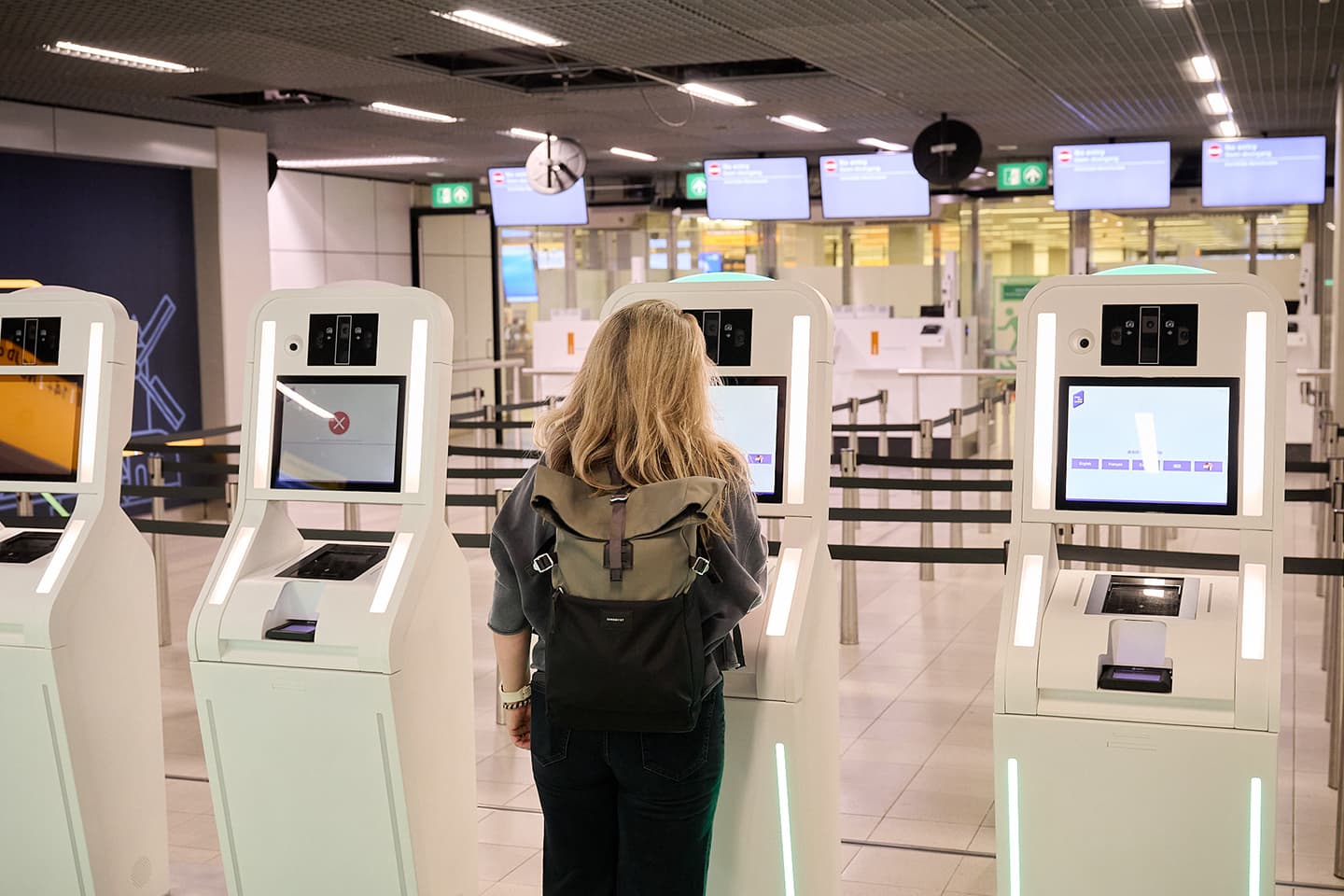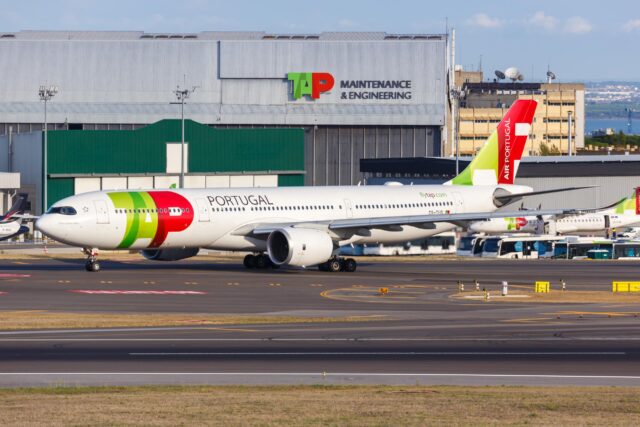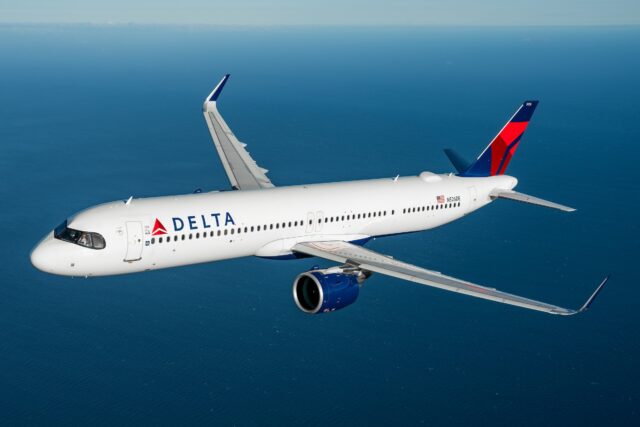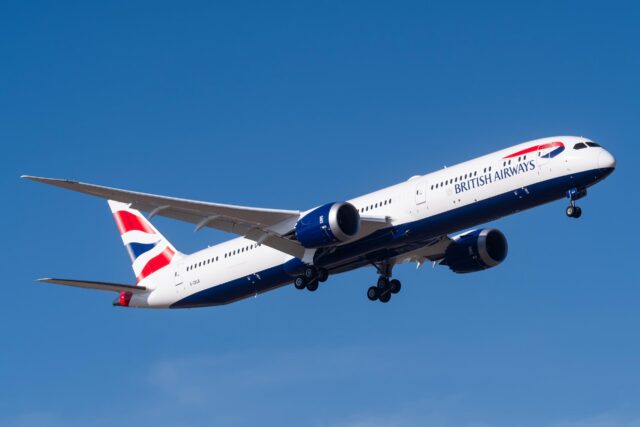IATA Global Passenger Survey 2025: Airline passengers prefer mobile-first and biometric travel

November 5, 2025

The International Air Transport Association (IATA) has released the results of its 2025 Global Passenger Survey (GPS), showing a marked passenger preference for mobile-first and biometric air travel. The study of more than 10,000 travellers across 200 countries highlights a growing reliance on smartphones for every stage of the journey—with rising interest in digital identity systems that promise faster, more seamless airport experiences.
More air passengers use smartphones to manage their journey
Passengers increasingly want their smartphones to serve as an all-in-one travel companion—from booking and payment to boarding and baggage. More than half of travellers surveyed (54%) now prefer to deal directly with airlines with more passengers opting for mobile channels.
Airline websites remain the most popular booking method at 31%, though this share is down from 37% in 2024. Mobile apps, meanwhile, are trending up—from 16% last year to 19% in 2025, with younger travellers driving the increase.

Payment preferences are evolving in parallel. While credit and debit cards still dominate (72%), usage has dropped notably from 79% in 2024. Digital wallets now account for 28% of transactions, and instant payment options like IATA Pay have grown from 6% to 8%.
“Passengers want to manage their travel the same way they manage many other aspects of their lives—on their smartphones and using digital ID,” said Nick Careen, IATA’s Senior Vice President for Operations, Safety and Security. “As experience grows with digital processes from booking to baggage claim, the message is clear: they like it, and they want more of it.”
The survey found that 78% of travellers would like to use a smartphone that integrates a digital wallet, digital passport, and loyalty cards, allowing them to book, pay, and navigate airports seamlessly. Use of electronic bag tags has also increased—from 28% in 2024 to 35% this year—as passengers embrace mobile-enabled self-service.
Biometric adoption accelerates
Biometric identification systems are gaining traction at the world’s airports with a nearly 20-point increase in passenger usage compared to 2022. The number of travellers who use biometric processes during their journey has increased to 50% from 46% in 2024. The highest rates of use are at security (44%), exit immigration (41%), and entry immigration (35%).
Satisfaction levels are high: 85% of passengers who used biometrics reported being happy with the experience. About 74% are willing to share biometric data to skip passport or boarding pass checks. In comparison, 42% of currently hesitant travellers say they would reconsider if data privacy were better guaranteed.

Careen emphasised that government adoption of digital passports is the next crucial step.
“Passengers are already using biometrics for different stages of their journey, from check-in to boarding. But to make the international travel experience fully digital, governments need to start issuing digital passports and enable their secure recognition across borders,” he said. “When that becomes common practice, travelers, governments, and airlines will all see the benefits of digital identity with an experience that is even more convenient, efficient, and secure, said Careen.”
How passenger preferences vary by region
The 2025 GPS highlights distinct regional attitudes toward technology, trust, and satisfaction.
Asia-Pacific travellers remain the most digitally advanced, with strong use of apps, digital wallets, and biometrics. Despite being the most tech-forward, they report lower satisfaction, reflecting high expectations for efficiency.
Europe remains cautious. European travellers are the least likely to use biometrics and remain attached to traditional credit card payments, though they maintain relatively high satisfaction levels.
North Americans prize convenience and are heavy users of airline websites, but their satisfaction scores remain among the lowest. Privacy concerns about biometrics are strongest in this region.

The Middle East ranks among the most satisfied regions globally, with passengers showing strong loyalty to preferred airlines and airports and embracing smartphone-based credentials and digital wallets.
Africa shows high satisfaction and a preference for human interaction—airline offices and call centres remain popular—but visa and border barriers persist. Simplification could unlock significant growth.
Latin America and the Caribbean travellers value personal service but are open to new technologies. Though they use biometrics less often, satisfaction is high when they do.
Passenger technology preference varies by generation and gender
Digital enthusiasm varies by age and gender. Male travellers are generally faster adopters of airline apps and biometrics, while female travellers emphasise trust and reliability in their airline choices.
Younger travellers (aged 26 and under) are the most digitally active but also the hardest to please—demanding more privacy and smoother mobile experiences. Older passengers continue to favour airline websites over apps but are gradually embracing digital wallets and online check-in tools.
The success of digital travel relies on strong cybersecurity
IATA’s 2025 Global Passenger Survey shows passengers increasingly rely on mobile devices and are open to biometrics. Global air travel will be transformed by seamless, mobile-first journeys. However, the industry’s focus must be on creating secure digital ecosystems that protect privacy.
As Careen said, “There is an important caveat which is the need to continue building trust, so cybersecurity remains a priority. Cybersecurity must be core to the end-to-end digital transformation of how we book, pay, and experience air travel.”
Featured image: Dubai International Airport
















